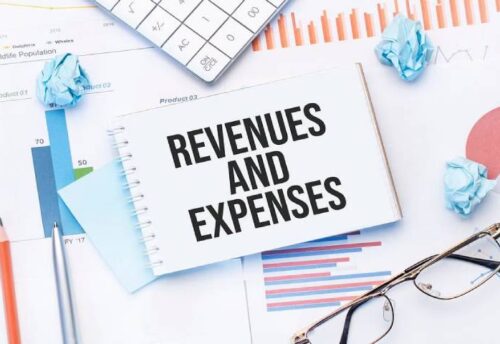
- 26/12/2024
- MyFinanceGyan
- 208 Views
- 5 Likes
- Finance, Investment
Financial Tips for Your 20s: Start Early, Build Strong
Your 20s are a great time to start shaping your financial future. While it may seem like financial planning can wait, starting early can help you achieve your goals and build wealth more easily. Here are some simple and practical financial tips to help you make the most of your money.
Understand Your Financial Situation:
The first step to financial success is knowing where you stand. Take a close look at your income, expenses, assets, and debts.
- Track Your Income and Expenses: Write down all sources of income, including your salary, side gigs, or investments. Then list your expenses, like rent, groceries, transport, and entertainment. Subtract your expenses from your income to see how much money you have left each month.
- Create a Personal Balance Sheet List everything you own (savings, investments, and valuable items) and everything you owe (loans, credit card debt, or other bills). Subtract your debts from your assets to calculate your net worth. This gives you a clear picture of your financial health.
- Set Financial Goals: Decide what you want to achieve with your money. It could be saving for a home, paying off student loans, or building your retirement fund. Having clear goals helps you stay focused and motivated.
Build a Strong Financial Foundation:
A solid financial foundation is key to long-term success.
- Start an Emergency Fund: Save enough money to cover 3–6 months of living expenses. This fund can help you handle unexpected costs, like medical bills or car repairs, without borrowing money. Keep this money in a separate savings account to avoid spending it on non-emergencies.
- Pay Off High-Interest Debt: Credit card debt or other high-interest loans can eat away at your income. Focus on paying these off as quickly as possible. You can try:
- The Snowball Method: Pay off smaller debts first, then move to larger ones.
- The Avalanche Method: Pay off debts with the highest interest rates first.
- Start Saving for Retirement: The earlier you start, the more time your money has to grow. Even setting aside a small amount from each paycheck can make a big difference. Consider opening a National Pension System (NPS) account or a similar retirement plan.
- Create a Budget and Stick to It: A budget helps you take control of your money and ensures you’re saving enough for the future.
- Organize Your Expenses: Divide your expenses into:
- Fixed Costs: Rent, car payments, etc.
- Variable Costs: Groceries, entertainment, etc.
- By understanding where your money goes, you can identify areas to cut back if needed.
- Save and Invest Regularly: Allocate a part of your income to savings and investments before spending on other things. You can start small and increase the amount over time.
- Track and Adjust: Use apps or spreadsheets to track your spending. Review your budget monthly and make changes as needed. For example, if you get a raise, save or invest a portion of it.
- Start Investing Early: Investing can grow your wealth over time and help you reach your goals faster.
- Understand the Basics:
- Stocks: You own a part of a company. The value may go up or down.
- Bonds: You lend money to a company or government and earn interest.
- Mutual Funds and ETFs: These let you invest in many stocks or bonds at once, reducing risk.
- Choose the Right Accounts: Look for accounts that match your goals, such as retirement funds or general investment accounts.
- Diversify Your Portfolio: Spread your investments across different types of assets (stocks, bonds, etc.) to reduce risk. Review and adjust your portfolio regularly to stay aligned with your goals.
Conclusion:
Building a strong financial future starts with small, consistent steps. Understand your finances, set goals, and follow a simple plan to save, budget, and invest wisely. Starting in your 20s gives you a head start on creating wealth and achieving financial security.
Disclaimer: The tips in this article are for educational purposes only and are not intended to recommend any specific products.



